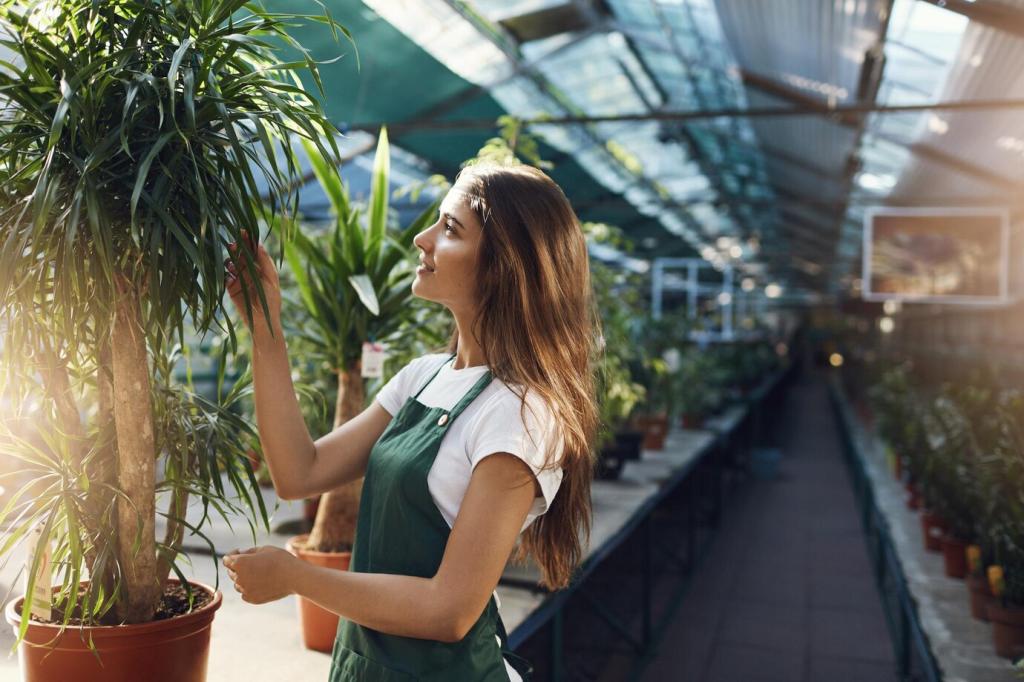
Sustainable Practices in Balcony Gardens
Embracing sustainability in balcony gardens is a rewarding and impactful way to connect with nature, even in urban environments. By integrating eco-friendly methods, city dwellers can reduce their carbon footprint, promote biodiversity, and create tranquil green spaces that contribute positively to the environment. This guide explores practical, thoughtful approaches to making your balcony garden both productive and sustainable.
Eco-Friendly Container Choices
Upcycled and Repurposed Containers
Selecting upcycled or repurposed containers is a creative and sustainable approach for balcony gardens. Old buckets, wooden crates, or food tins can be transformed into unique plant homes, reducing waste and the demand for new resources. This practice encourages gardeners to think resourcefully, often leading to visually striking and personalized garden landscapes. Furthermore, upcycling helps divert materials from landfills while minimizing the carbon footprint associated with the manufacture and transportation of new containers. The creative aspect also fosters a sense of ownership and pride in the garden, further motivating sustainable choices.
Biodegradable Pots
Biodegradable pots offer an eco-friendly alternative to traditional plastic containers in balcony gardens. Made from natural materials like coconut coir, peat, or compressed paper, these pots gradually break down and enrich the soil. By choosing biodegradable options, gardeners can reduce plastic use and minimize waste, while also making transplanting easier—potted plants can be relocated directly into larger containers or garden beds without root disturbance. Over time, the material decomposes harmlessly, closing the loop in the gardening cycle and supporting a more circular, low-impact approach to urban planting.
Durable, Recyclable Materials
Durable containers made from recyclable materials like metal, ceramic, or high-quality recycled plastics balance longevity with sustainability. These containers withstand weather extremes and frequent use, reducing the need for frequent replacements. When their lifespan ends, the materials can often be recycled, further minimizing environmental impact. Selecting such containers for a balcony garden encourages thoughtful consumption, reduces waste, and aligns with the core principles of sustainability by prioritizing reusability and eventual recyclability over disposable solutions.
Water Conservation Strategies
Efficient Watering Systems
Adopting efficient watering systems, such as drip irrigation or self-watering containers, can revolutionize balcony gardening. These systems deliver moisture directly to plant roots, minimizing evaporation and runoff. Automated or gravity-fed options help maintain consistent soil moisture and reduce the risk of both overwatering and underwatering. Easy to install and maintain, such systems free up time for gardeners and ensure plants get only the water they need, ultimately reducing waste and promoting lush, sustainable growth with minimal intervention.
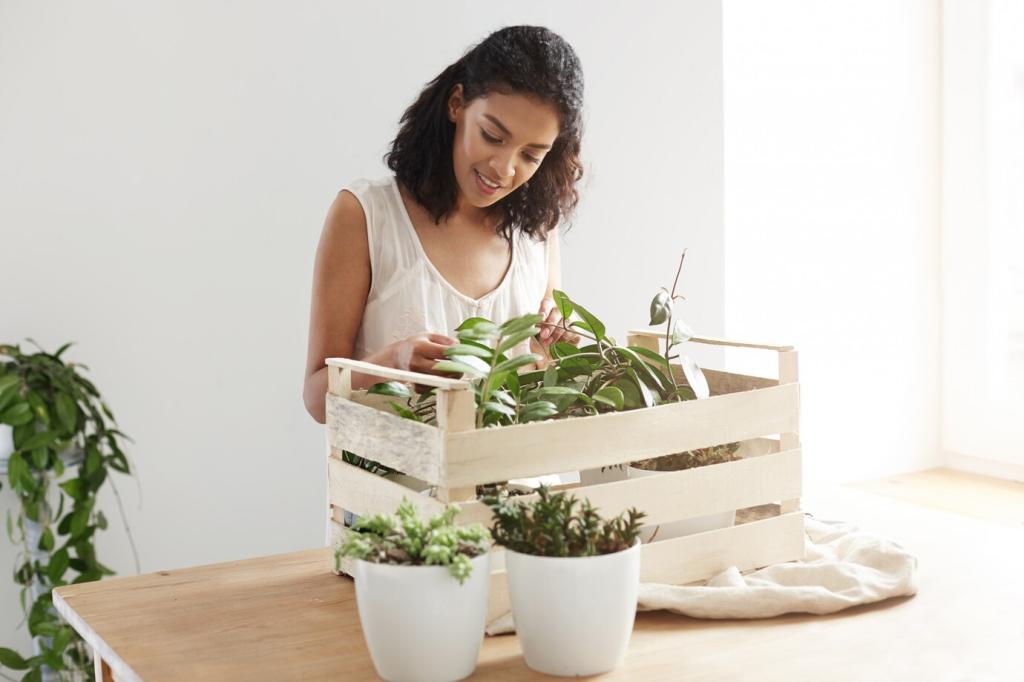
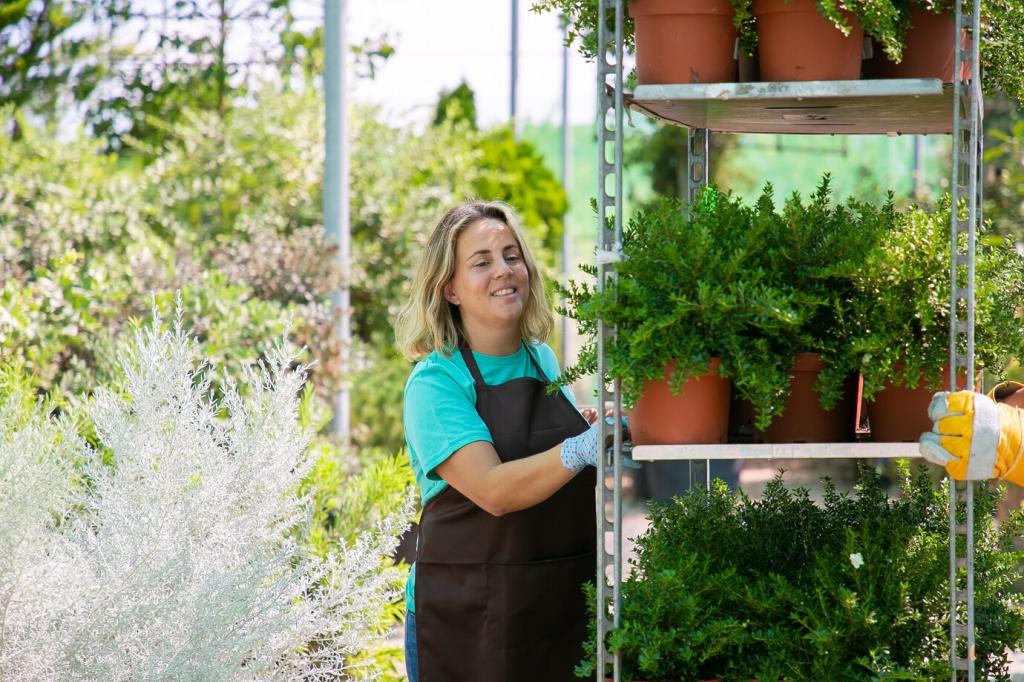
Rainwater Harvesting
Rainwater harvesting is a smart, eco-friendly solution for balcony gardeners seeking to maximize sustainability. Collecting rainwater from rooftops or balconies and channeling it into storage containers provides a natural, chemical-free resource for irrigating plants. Simple setups such as rain barrels or repurposed buckets can capture significant amounts, lessening dependence on municipal water and helping to lower household consumption rates. Utilizing rainwater is especially beneficial in areas with frequent rainfall, turning a free resource into vibrant plant growth and easing the pressure on urban water infrastructure.
Organic and Low-Impact Gardening Techniques
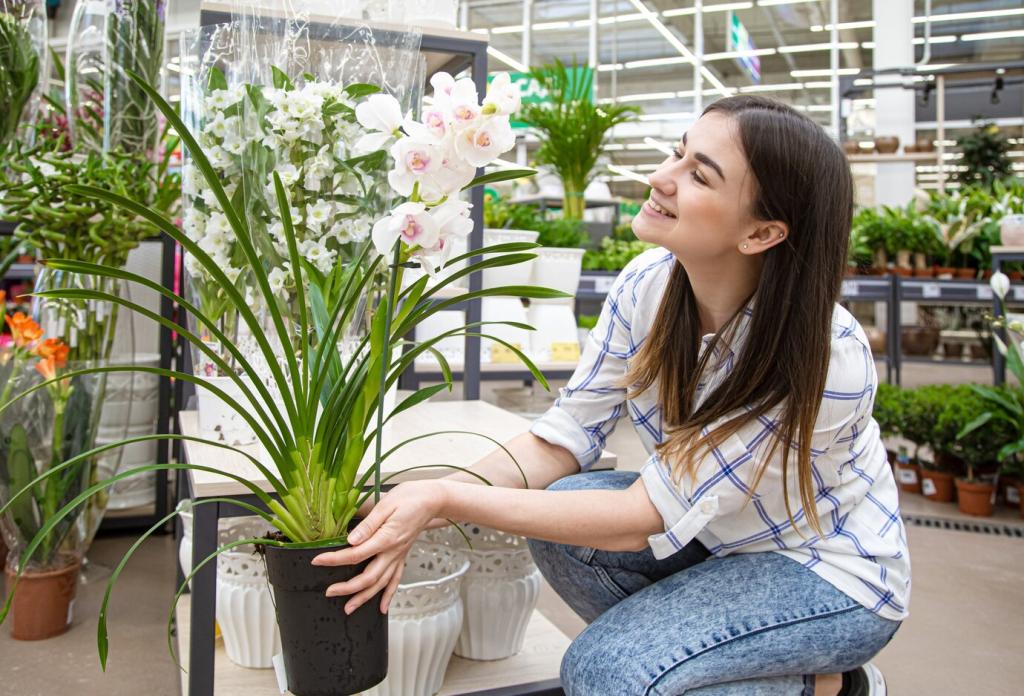
Composting at Home
Home composting is an essential practice for sustainable balcony gardening. By turning kitchen scraps, coffee grounds, and garden trimmings into nutrient-rich compost, gardeners create a closed-loop system that reduces waste and enriches soil naturally. Balcony-friendly compost bins are available in compact sizes to fit even the smallest spaces. Using homemade compost decreases the need for store-bought fertilizers and promotes microbial activity, resulting in healthier plants. This practice not only diverts organic matter from landfills but also empowers gardeners to directly influence the fertility of their growing environments in a sustainable, meaningful way.
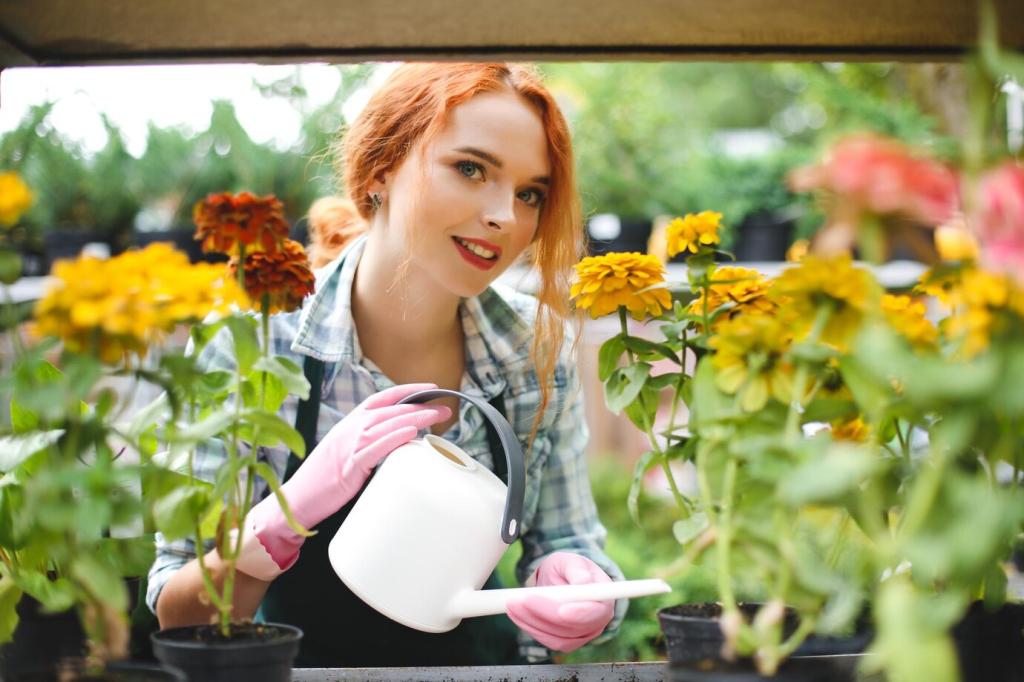
Natural Pest Management
Avoiding synthetic pesticides, sustainable gardeners use natural pest management techniques to keep their balcony gardens healthy. Companion planting, where different species are grown together for mutual benefit, helps deter pests and boost plant health. Introducing beneficial insects, like ladybugs or lacewings, provides a natural check on pest populations. Regular observation and prompt removal of affected leaves can prevent outbreaks. These methods preserve pollinator populations and reduce chemical runoff, creating a safer environment for both plants and people while exemplifying the principles of low-impact stewardship.
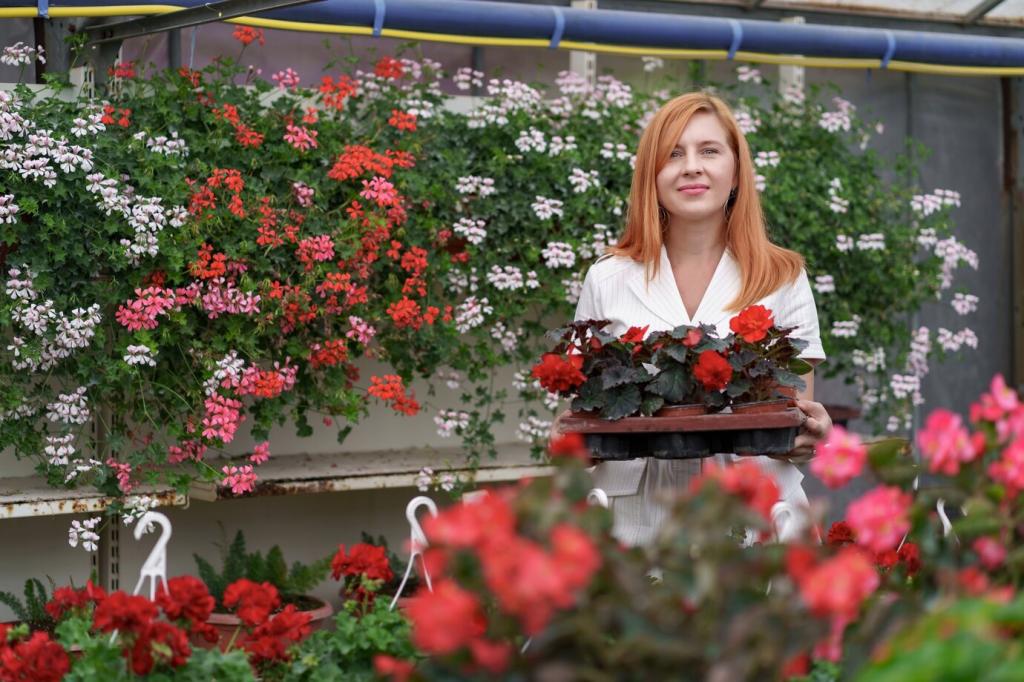
Organic Fertilizers and Soil Amendments
Opting for organic fertilizers over chemical-based alternatives helps sustain soil health and minimize environmental harm. Ingredients like seaweed extract, worm castings, and bone meal release nutrients slowly, feeding plants without the risk of chemical buildup or leaching. Such amendments improve soil structure, microbial activity, and plant resilience, fostering robust growth and flowering. By prioritizing organic options, balcony gardeners support a healthy ecosystem both above and below the soil, making a substantial contribution to urban sustainability and personal well-being.
